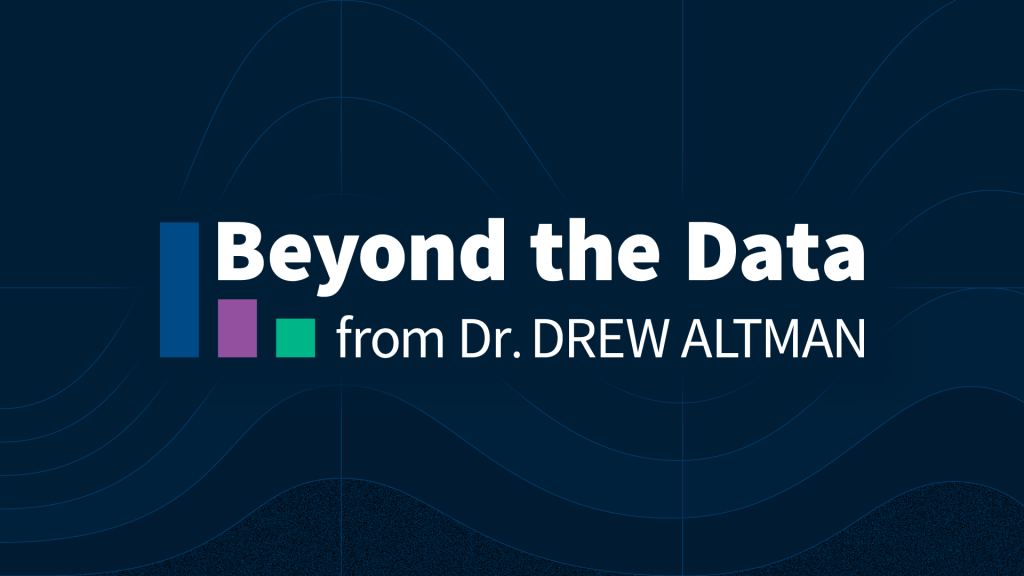Six Months into the Medicaid Unwinding: What Do the Data Show and What Questions Remain?
Six months into the unwinding of the Medicaid continuous enrollment provision, KFF tracking shows states are reporting outcomes for over 28 million renewals, accounting for three in ten people who were enrolled as of March 2023 when continuous enrollment ended. This policy watch examines the latest data and key questions as the unwinding continues to unfold.
